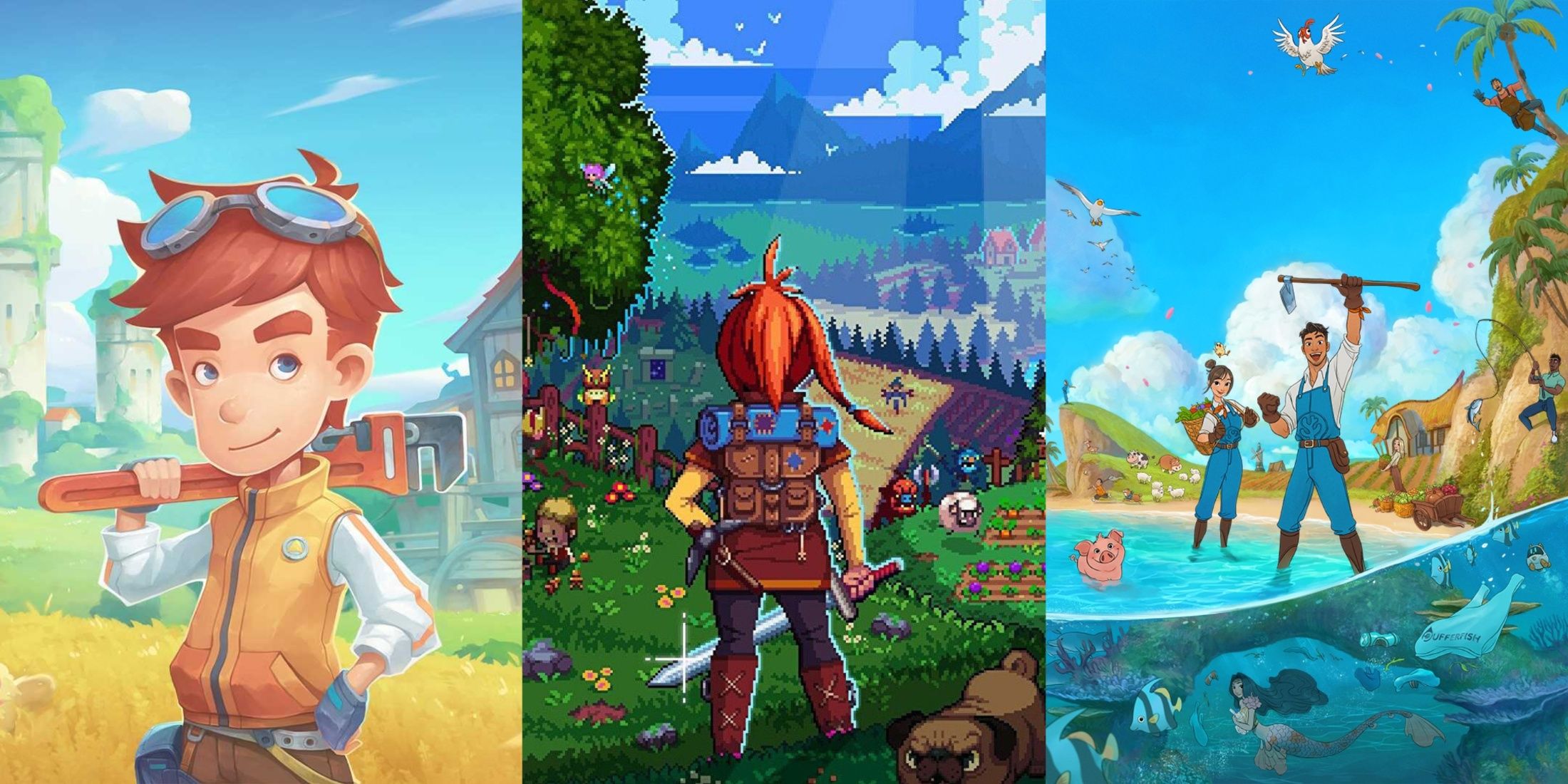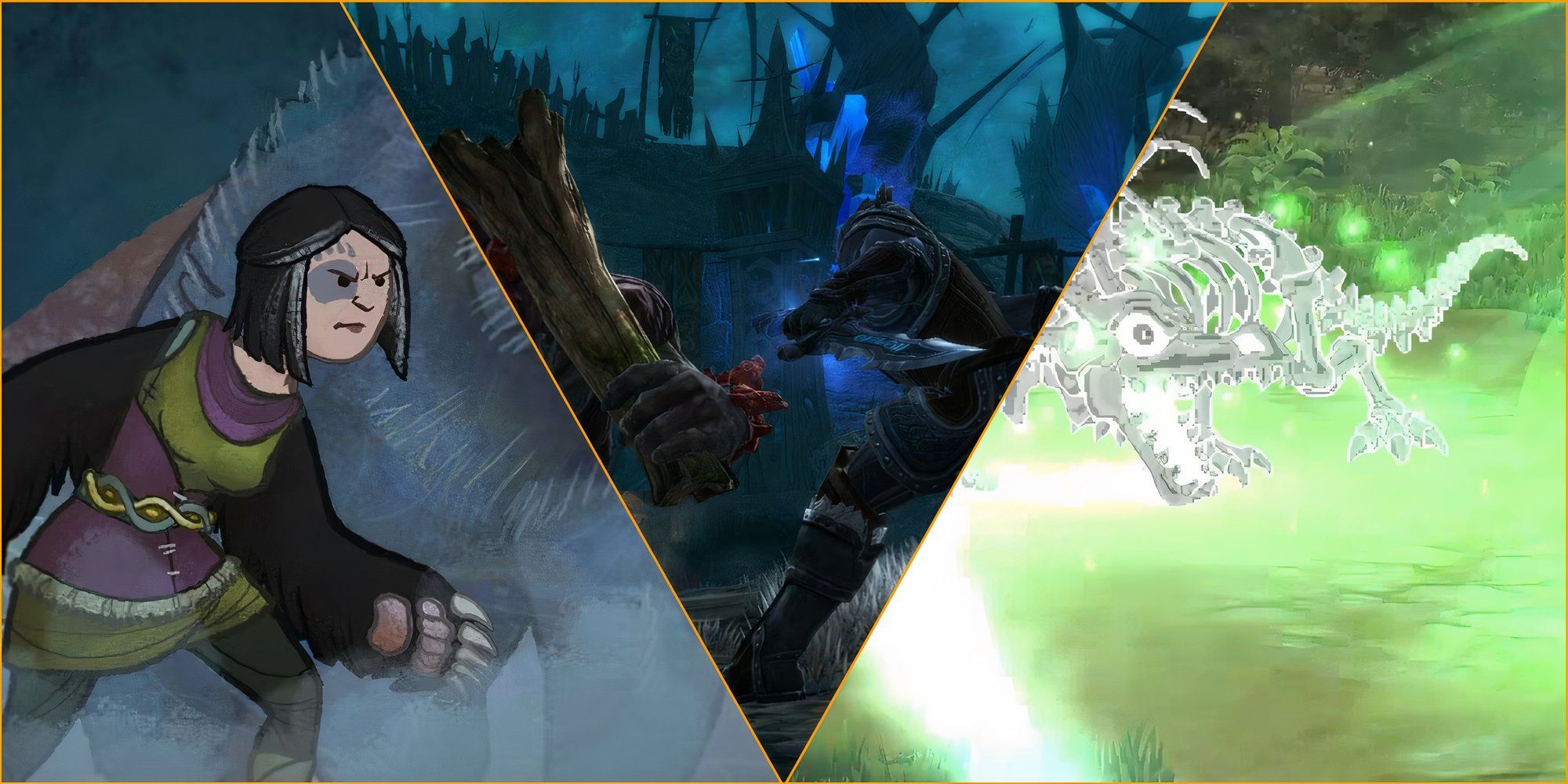
Beyond the Browser Bar: Unearthing the Tactical Depth of Instant Play RPGs with Elite Party Mechanics
In a world saturated with sprawling open-world epics that demand dozens of gigabytes and hours of dedicated playtime, there’s a quiet revolution brewing. It’s a space where convenience meets complexity, where instant gratification doesn’t necessarily mean shallow gameplay. We’re talking about instant play RPGs, games that let you dive into fantastical realms with little to no download, often right from your web browser or a quick mobile tap. For many, these conjure images of simple clickers or basic hack-and-slash affairs. But scratch beneath the surface, and you’ll discover a surprising treasure trove: instant play RPGs that boast some of the most engaging and strategically profound party mechanics in gaming today.
Let’s be honest, we’ve all been there. You’ve got a precious fifteen-minute lunch break, a lull in your workday, or you’re simply waiting for something to download, and the gaming itch strikes. Firing up a massive AAA title feels like a commitment you just can’t make. This is where instant play steps in, offering a quick fix of adventure. But what if that fix wasn’t just a fleeting distraction, but a genuinely tactical experience where the synergy of your chosen companions dictates victory or defeat? That’s the magic we’re here to explore.
What Makes a Party Mechanic "Elite"?
Before we dive into specific titles, let’s define what we mean by "elite" party mechanics. It’s more than just having three characters on screen. It’s about:
- Meaningful Character Roles: Each party member should have a distinct purpose – tank, healer, damage dealer (DPS), crowd controller, buffer, debuffer. Their absence or improper use should be felt.
- Synergy and Combos: The whole should be greater than the sum of its parts. Abilities should interact in interesting ways, creating powerful combos or elemental reactions that reward thoughtful composition.
- Tactical Combat: Combat shouldn’t just be about mashing buttons. It should involve positioning, target prioritization, resource management, and timing of abilities.
- Strategic Party Building: The process of choosing your party members, gearing them, and leveling them up should be a game in itself, offering multiple viable strategies and build paths.
- Adaptability: A good party system allows for adaptation to different challenges. No single "best" party should exist; instead, players should be encouraged to experiment and optimize for specific encounters.
- AI and Control: Whether you’re directly controlling each character or relying on sophisticated AI, the interaction should feel responsive and allow for strategic input.
Many instant play RPGs, especially those leaning into turn-based or real-time-with-pause combat, have embraced these principles with astonishing depth, often leveraging modern browser and mobile technology to deliver experiences that rival their desktop counterparts in tactical satisfaction.
The Rise of Tactical Accessibility: Why Instant Play is Perfect for Party RPGs
The appeal of instant play isn’t just about convenience; it’s about breaking down barriers. You don’t need a high-end gaming rig or a stable full of consoles. A decent internet connection and a standard device are often all that’s required. This accessibility has opened up the RPG genre to a broader audience, and developers, in turn, have risen to the challenge, proving that deep gameplay isn’t exclusive to high-fidelity graphics.
For party-based RPGs specifically, this format is a fantastic fit. The core loop of building a team, tackling challenges, acquiring new members or gear, and refining your strategy is inherently engaging in short bursts. You can theorycraft a new party composition during a coffee break, test it out in a few quick battles, and then fine-tune it later. It’s a low-commitment, high-reward cycle that perfectly aligns with the instant play ethos.
Unearthing the Gems: Instant Play RPGs with Exemplary Party Mechanics
Let’s dive into some specific titles that defy expectations and deliver truly rich party-based combat experiences.
1. Genshin Impact & Honkai: Star Rail (Multi-Platform with Instant Play Feel)
While technically requiring a download, both Genshin Impact and Honkai: Star Rail epitomize the "instant play feel" due to their mobile-first design, accessibility across multiple platforms (PC, console, mobile), and quick session potential. Their party mechanics are arguably some of the best in modern RPGs, period.
-
Genshin Impact: This action RPG throws you into a vast open world, but its combat system is where the party truly shines. You control one of four active characters at a time, seamlessly swapping between them to unleash elemental reactions. Pyro + Hydro equals Vaporize, Cryo + Electro equals Superconduct – the combinations are extensive and crucial for maximizing damage and crowd control. Each character has a unique elemental skill and ultimate ability, demanding careful team composition. Do you stack elemental damage for huge reactions? Or do you build a balanced team with a healer, shielder, and two DPS? The possibilities are endless, and optimizing artifact sets and weapon choices for each party member adds layers of strategic depth. It’s a dynamic dance of character swapping, ability timing, and environmental interaction that feels incredibly satisfying.
-
Honkai: Star Rail: From the same developers, Honkai: Star Rail takes a different, but equally compelling, approach with turn-based combat. Here, party composition is paramount. You select four characters, each adhering to a "Path" (Destruction for AoE DPS, Hunt for single-target DPS, Harmony for buffs, Preservation for shields, etc.) and an Element. The combat revolves around managing skill points, breaking enemy weaknesses (which stuns them and amplifies damage), and chaining powerful Ultimates. Building a team that can reliably break enemy shields, sustain damage, and unleash devastating follow-up attacks is a puzzle that changes with every encounter. The strategic depth comes from anticipating enemy moves, prioritizing targets, and perfectly timing your buffs and debuffs. The character designs are phenomenal, but it’s their intricate synergy that truly makes the game sing.
Both games prove that a free-to-play model, often associated with simpler mechanics, can house some of the most complex and rewarding party systems.
2. AFK Arena & Epic Seven (Mobile-First, Browser Accessible through Emulators/Cloud)
These mobile-first gacha RPGs are often dismissed by hardcore gamers, but beneath their monetization models lie surprisingly deep party-building and combat systems. While primarily mobile, their widespread availability and often "play-on-the-go" nature give them an instant-play vibe, and many can be accessed via browser-based emulators or cloud gaming services.
-
AFK Arena: Don’t let the "AFK" fool you; while your heroes gather resources passively, the actual combat requires careful party composition. You deploy five heroes onto a battlefield, and their positions, class types (Tanks, Mages, Rangers, Support), and faction bonuses are crucial. The game features a rock-paper-scissors elemental system (Lightbearers > Maulers > Wilders > Graveborn > Lightbearers, with Celestials and Hypogeans having unique interactions) that deeply influences team building. Synergies between hero abilities are key: one hero might pull enemies together, while another unleashes a devastating area-of-effect attack. Managing ultimates, understanding hero counters, and optimizing gear for specific roles can turn the tide against seemingly impossible odds. The beauty is in discovering those subtle hero interactions that unlock exponential power.
-
Epic Seven: This turn-based RPG elevates party mechanics to an art form. You control a party of four, each with unique skills, elemental attributes, and combat roles. What sets Epic Seven apart is its intricate "Effectiveness" and "Resistance" system, alongside a plethora of buffs and debuffs. Cleansing debuffs, applying defense breaks, increasing combat readiness, and chaining "extra attacks" are all vital components of a winning strategy. The gear system is incredibly deep, allowing players to fine-tune their heroes’ stats for specific roles – a fast cleanser, a hard-hitting single-target DPS, a bulky tank. Crafting a balanced team that can handle various PvE and PvP challenges requires immense strategic foresight and understanding of character kits. It’s a game where a single well-timed ability or a perfectly geared character can swing an entire battle.
These games demonstrate that even within the confines of automated or semi-automated combat, the initial party setup and ongoing optimization provide a rich, tactical experience that far exceeds simple number crunching.
3. AdventureQuest Worlds (Browser MMORPG)
A veteran in the browser gaming space, AdventureQuest Worlds (AQW) has been delivering real-time combat and party-based adventuring for over a decade. While your primary character is the star, the game heavily emphasizes class diversity and the necessity of forming balanced parties for challenging content.
- AdventureQuest Worlds: In AQW, you are essentially a one-person army, but the game’s core design pushes you towards group play. Classes are incredibly diverse, ranging from traditional tanks and healers to complex support classes, arcane damage dealers, and swift rogues. For high-level boss fights or raids, a well-composed party isn’t just helpful; it’s essential. You need a tank to draw aggro, a healer to sustain the party, and various DPS and support classes to maximize damage and control the battlefield. Players will often seek specific classes for their unique buffs, debuffs, or crowd control abilities. The real-time nature of combat means quick reactions and coordinated ability usage are paramount. It’s a testament to how even simpler browser technology can facilitate genuinely engaging co-operative tactical gameplay.
4. DragonFable (Browser Turn-Based RPG)
From the same creative minds as AQW, DragonFable offers a more traditional single-player, turn-based RPG experience, but with a clever twist on party mechanics.
- DragonFable: While you control your main hero, you are often accompanied by a "guest" character or a pet, effectively creating a small, dynamic party. These companions aren’t just passive damage dealers; they often have unique abilities, buffs, or debuffs that synergize with your hero’s class. For example, a warrior might bring a mage companion for elemental damage and crowd control, or a rogue might team up with a supportive pet that offers heals and buffs. The strategy comes from choosing the right companion for the quest at hand, understanding their skill sets, and how they interact with your chosen hero class. It’s a smaller-scale party, but the tactical choices are nonetheless meaningful, encouraging players to experiment with different pairings to overcome diverse challenges.
The Future of Instant Play Party RPGs
The landscape of instant play gaming is constantly evolving. With advancements in browser technology (WebAssembly, WebGL), cloud gaming platforms, and improved mobile hardware, the line between "instant play" and "full-fledged game" continues to blur. We can expect even more sophisticated party mechanics in the future:
- Smarter AI Companions: AI that can make more intelligent tactical decisions, adapt to player style, and even learn from previous encounters.
- Dynamic Environments: Party mechanics interacting more profoundly with environmental elements, creating even more complex strategic layers.
- Cross-Platform Seamlessness: Even more games that offer a truly seamless experience across PC, mobile, and browser, allowing players to pick up and play their party adventures anywhere, anytime.
- Narrative Integration: Deeper stories woven around companion relationships, where party members’ backstories and personalities influence combat and strategic choices.
Conclusion: Depth at Your Fingertips
The notion that instant play RPGs are inherently simplistic is a misconception that’s rapidly being dispelled. As we’ve seen, a vibrant ecosystem of games exists, offering surprisingly deep and rewarding party mechanics that demand strategic thinking, careful planning, and clever execution. From the elemental dances of Genshin Impact to the intricate hero synergies of Epic Seven and the cooperative challenges of AdventureQuest Worlds, these titles prove that accessibility doesn’t have to come at the expense of tactical depth.
So, the next time you have a few minutes to spare, don’t dismiss the instant play option. You might just stumble upon your next favorite RPG, one where the intricate tapestry of your party’s abilities weaves a path to glorious victory, all without ever leaving your browser tab or waiting for a massive download. Dive in; the tactical waters are surprisingly deep.
